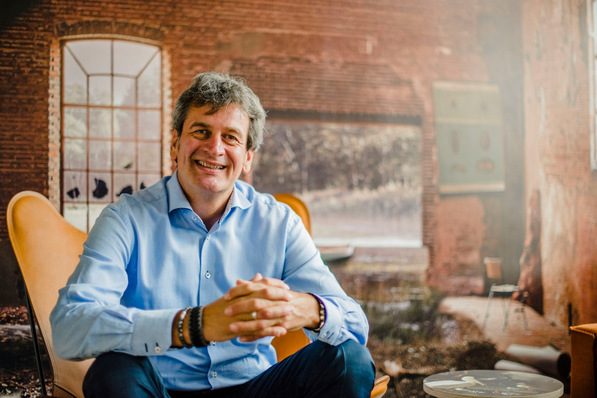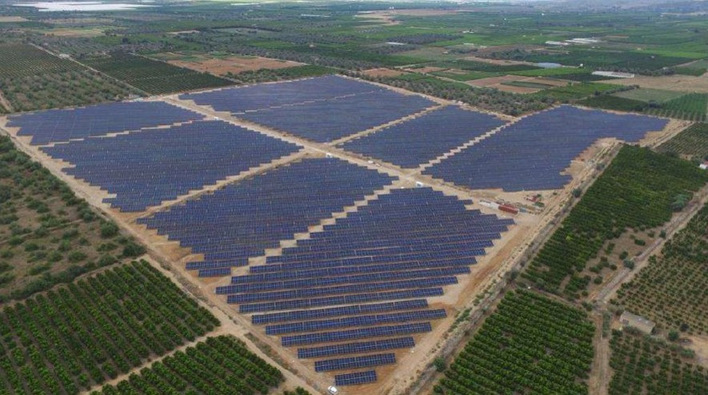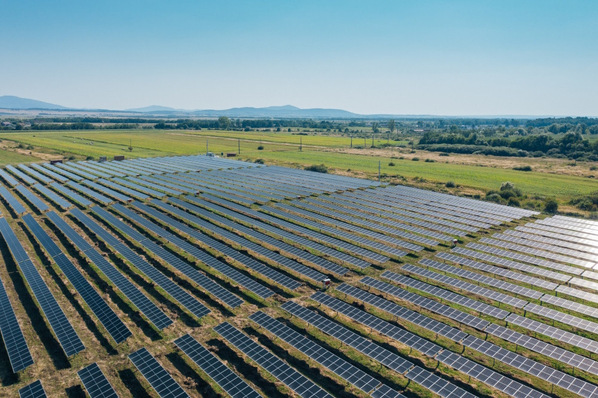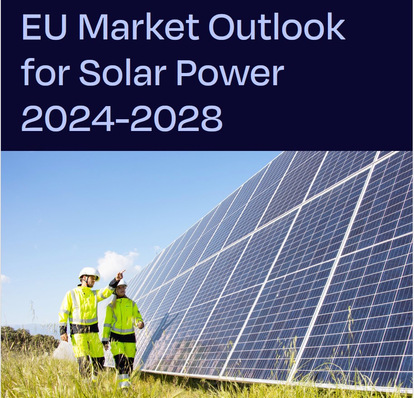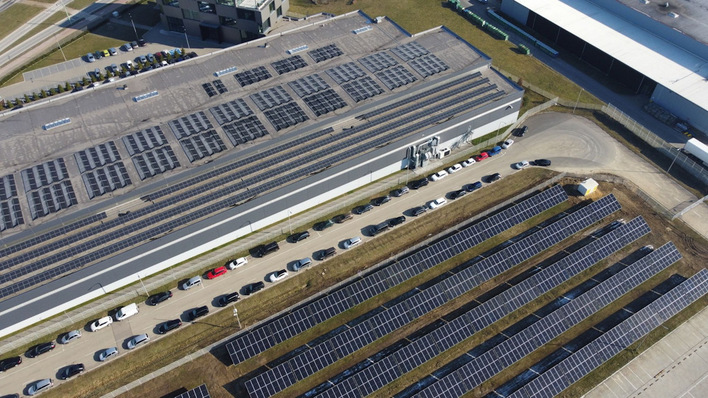And in no small part thanks to Azerbaijan’s chairmanship. Which in itself is peculiar as Azerbaijan was hauled over hot coals in the run up to the event, for allegedly not being able to fulfill its role of “honest broker” (being a “petrostate”).
And yet, the deal that Azerbaijan brokered includes a tripling of the finance deal for developing countries (last negotiated at COP21 in Paris), from $100 billion to $300 billion for climate change loss and damage mitigation. The funding is part of a financial package adding up to $1.3 trillion in “blended finance” by 2035. As COP29 President Mukhtar Babayev says in the article for the Guardian describing the final days of the negotiations, that financial deal would have been more generous, had Western countries backed the $500 billion proposed by China.
New deal on carbon market trading
There is more. In addition to the money paid into the Loss and Damage Fund, COP29 also sealed a new deal on carbon market trading, pursuant to Article 6 of the Paris Agreement. As UNFCCC states “after nearly a decade of work, countries have agreed on… making country-to-country trading and a carbon crediting mechanism fully operational.” And adds, “This is good news for developing countries, who will benefit from new flows of finance, and it is particularly good news for least developed countries, who will get the capacity-building support they need to get a foothold in the market.”
Also see: Multilateral development banks to reinforce climate finance
The COP29 Presidency also launched an initiative on peace, relief and recovery (Baku Call) which will tackle the nexus between climate change and armed conflict, focusing on water scarcity, food insecurity, land degradation and human displacement. While UNFCCC hailed progress on transparency stating that, “Transparent climate reporting made big strides forward in Baku… with Parties expressing their appreciation for the timely completion of the Enhanced Transparency Framework (ETF) reporting tools.”
On adaptation there were a number of outcomes. The COP29 decision relating to the least developed countries (LDCs) establishes a support programme for the implementation of National Adaptation Plans. And in addition to a High-Level Dialogue on National Adaptation Plans, the Baku Workplan elevated the voices of Indigenous Peoples and local communities in climate action.
Widening participation in climate action
There were also gender and climate change initiatives, recognising that women are hit disproportionately hard by the climate crisis. These initiatives extended the Lima Work Programme on Gender and Climate Change for another 10 years. Finally, a number of initiatives were aimed at widening participation in climate action. These are Action for Climate Empowerment (ACE), the Youth-led Climate Forum and increased visibility for High-Level Climate Champions.
So, was COP29 a success? According to UNFCCC figures there were 55,000 people in attendance, making it the second largest COP, after Dubai in 2023. So certainly in that sense it hasn’t failed. But, the real question is whether has delivered on its promise to provide effective means of combating climate change.
Also see: IRENA is calling for ambitious NDC updates
To answer this question let us try a counterfactual approach. Let’s assume that the Parties rejected the offer of $300 billion and no progress was made on carbon trading. Would have that enabled a better deal in Belem at COP30? I think not. Actually, had the Parties rejected the deal in Baku, there would have been nothing on the table in Belem.
Counterweight to climate deniers
In January 2025 climate change denier Donald Trump will enter the White House. Trump has already appointed the fracking magnate Chris Wright as energy secretary. According to media reports, Wright has dismissed the idea of a global energy transition, asserting that “there is no climate crisis”. Such developments are emboldening climate change deniers such as President Milei of Argentina, who denounced climate change as a “socialist lie” (Argentian delegation withdrew from COP29).
Also see: Trump’s re-election brings significant challenges for climate protection
In addition, in February Germany goes to the polls. Significantly, the early elections were triggered by Chancellor Scholz’ proposals to close a €10 billion gap in the 2025 budget, by cutting, amongst other items, climate protection measures. Close to Germany, debt-to-GDP ratios in France and Italy remain perilously high, putting any decision on climate funding in jeopardy.
To sum up, the deal in Baku was the best possible deal in the circumstances. This might not be the most popular point of view, but certainly reason has prevailed. Azerbaijan as the COP29 Presidency has done a good job of marshalling the deal through. Had the deal not happened this year, there would have been very little chance of any deal next year. Anyone who thinks that climate change is indeed the greatest societal challenge of our times, should welcome the outcome of COP29 as broadly positive. (GS/hcn)



